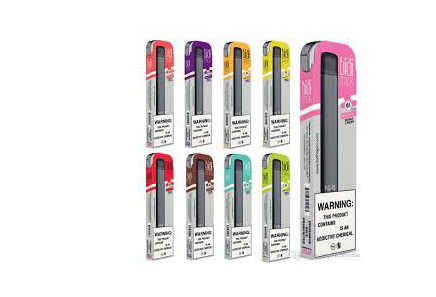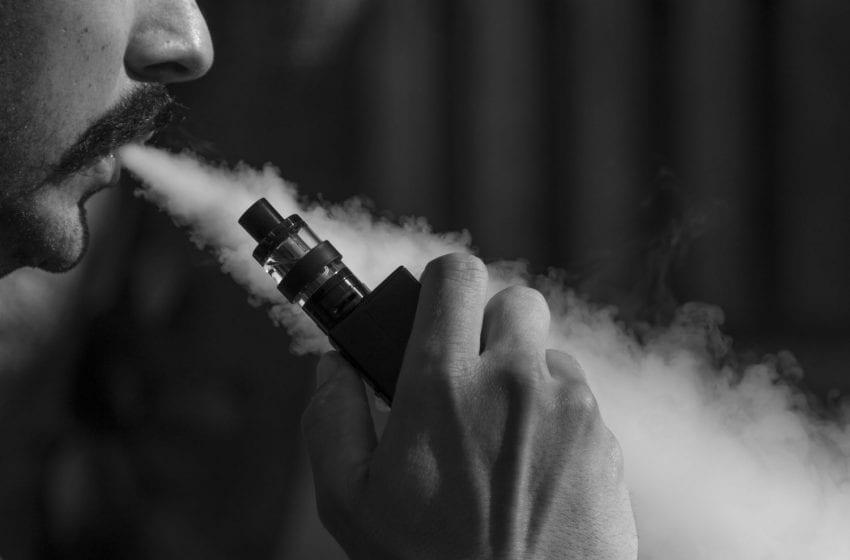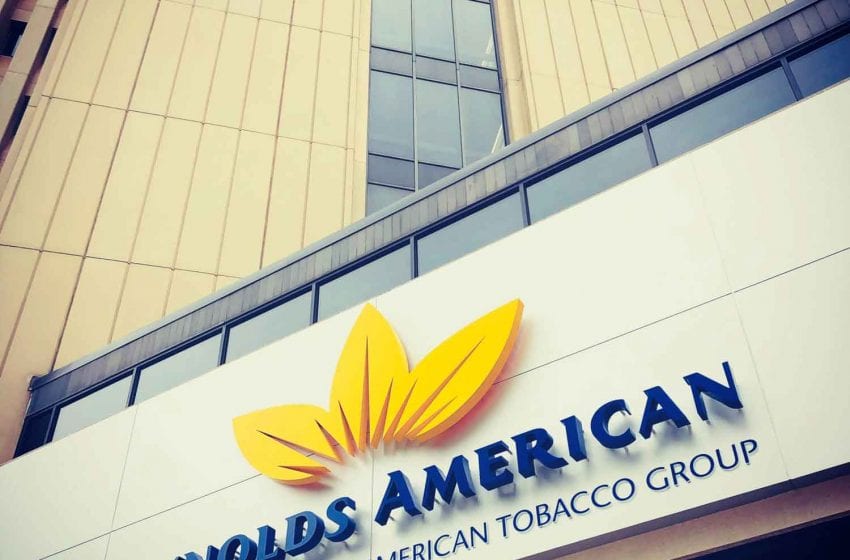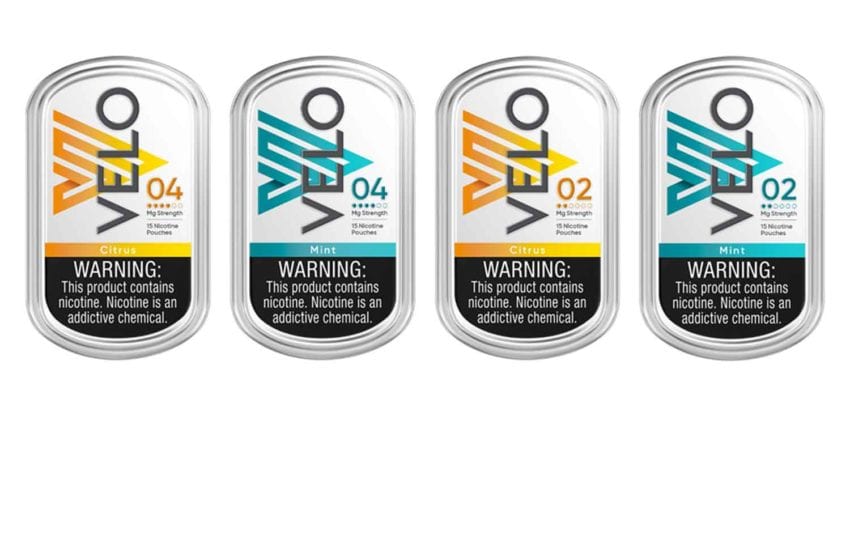The CTP director will provide an update on the FDA’s plan for tobacco and nicotine products.Read More
Tags :FDA
The agency says there are three phases: acceptance, filing and review/action.Read More
Bidi Vapor has submitted a premarket tobacco product application to the U.S. Food and Drug Administration for its Bidi Stick.Read More
AMV hopes that the PMTA process will increase consumers' trust in the vapor industry and the products it offers.Read More
The U.S. nicotine business is poised to change dramatically after today's deadline to request marketing authorization. Read More
The PMTAs include a broad assortment of products in the vapor category.Read More
Tomorrow’s deadline for the submission of PMTAs to the FDA marks the start of a new era for the e-cigarette industry, according to The Motley Fool. Read More
RAI says it is committed to reducing the health impact of its business with a multicategory approach that offers consumers a wide range of enjoyable and lower-risk alternatives to cigarettes. Read More
Keller and Heckman has asked the FDA to postpone its Sept. 9 deadline for filing PMTAs by six months because of the Covid-19 pandemic. Read More
Reynolds American Inc. is seeking FDA orders authorizing the marketing of Velo pouches.Read More










